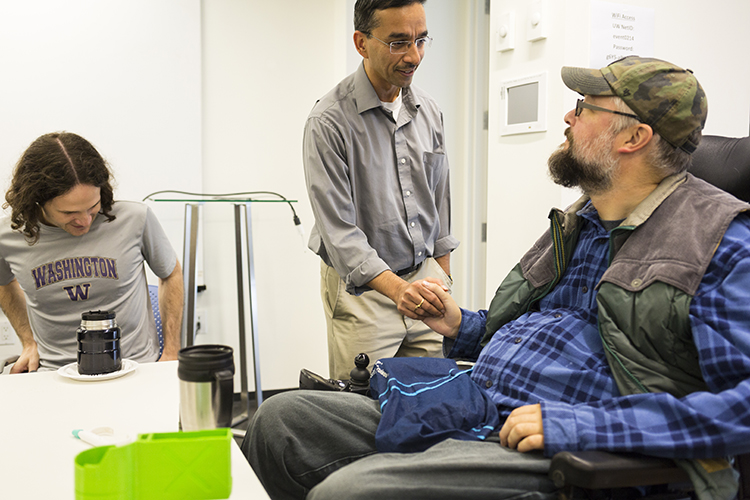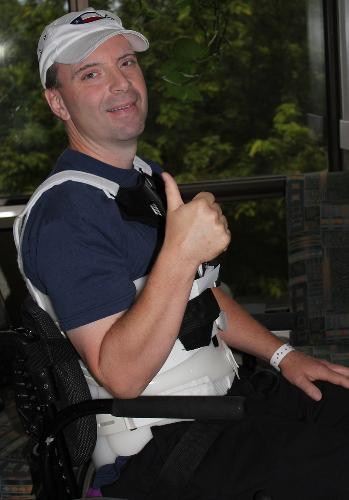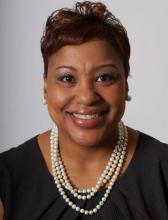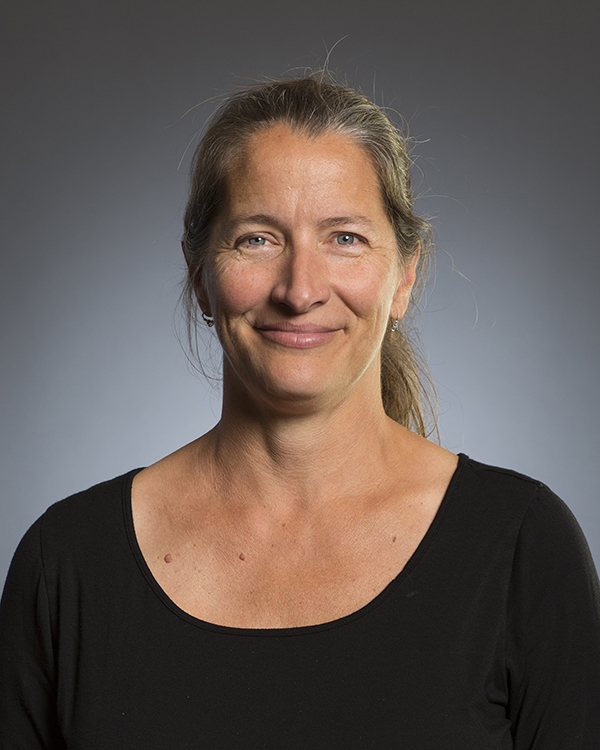 In an ideal world, all engineers, including neural engineers, would inquire about the needs of their technology end-users before beginning their design process. Information about end-user needs can be collected through methods like surveys, firsthand conversations in focus groups, and usability tests. In reality, these conversations and usability tests often do not happen, creating a gap between what the end-users of neurotechnologies want, and what the engineer perceives as the end-user’s needs.
In an ideal world, all engineers, including neural engineers, would inquire about the needs of their technology end-users before beginning their design process. Information about end-user needs can be collected through methods like surveys, firsthand conversations in focus groups, and usability tests. In reality, these conversations and usability tests often do not happen, creating a gap between what the end-users of neurotechnologies want, and what the engineer perceives as the end-user’s needs.
Engage and Enable Blog
The aim of this blog is to show what’s happening at the Center for Neurotechnology among its faculty, student and staff members. To learn more about the center and its work, visit our Feature Stories page.
The Center for Sensorimotor Neural Engineering (CSNE) recently formed partnerships with Cambridge NeuroTech, Kernel, Pramak, WiBotic and ARM. These are five innovative companies leading their respective fields in areas related to neural engineering, including silicon neural probes, neuroprosthetics, cloud computing, wireless power solutions, and power-efficient microprocessors.
 Dr. Brent “Smokey” Weinhandl profoundly loves working with patients, family and staff at Brook Trout Dental, his dental practice in Casper, Wyoming. However, after a camping accident left him with a traumatic spinal cord injury, broken back, three broken ribs and a cracked sternum, he struggled to return to his life as a dentist. Dr. Weinhandl successfully received treatment at the Wyoming Medical Center and the Craig Hospital, and the experiences of other patients he met there stood out to him.
Dr. Brent “Smokey” Weinhandl profoundly loves working with patients, family and staff at Brook Trout Dental, his dental practice in Casper, Wyoming. However, after a camping accident left him with a traumatic spinal cord injury, broken back, three broken ribs and a cracked sternum, he struggled to return to his life as a dentist. Dr. Weinhandl successfully received treatment at the Wyoming Medical Center and the Craig Hospital, and the experiences of other patients he met there stood out to him.
 The Center for Sensorimotor Neural Engineering (CSNE) is pleased to welcome DiOnetta Jones Crayton into her new role at the Center, as CSNE Diversity Co-Director. Ms. Crayton will be working with Sheryl Burgstahler, CSNE Diversity Director, and Scott Bellman, CSNE Diversity Manager, to inspire and educate the next generation of neural engineers, especially those who are historically underrepresented in science, technology, engineering and mathematics.
The Center for Sensorimotor Neural Engineering (CSNE) is pleased to welcome DiOnetta Jones Crayton into her new role at the Center, as CSNE Diversity Co-Director. Ms. Crayton will be working with Sheryl Burgstahler, CSNE Diversity Director, and Scott Bellman, CSNE Diversity Manager, to inspire and educate the next generation of neural engineers, especially those who are historically underrepresented in science, technology, engineering and mathematics.
 Dr. Sara Goering, a leader of the Center for Sensorimotor Neural Engineering's (CSNE's) Neuroethics Research Thrust, holds an undergraduate degree in Psychology from the University of Illinois and earned her doctorate in Philosophy from the University of Colorado. Because of her educational background and work in disability and medical ethics, she was sought after and joined the CSNE in 2012 to lead research work in the area of neuroethics.
Dr. Sara Goering, a leader of the Center for Sensorimotor Neural Engineering's (CSNE's) Neuroethics Research Thrust, holds an undergraduate degree in Psychology from the University of Illinois and earned her doctorate in Philosophy from the University of Colorado. Because of her educational background and work in disability and medical ethics, she was sought after and joined the CSNE in 2012 to lead research work in the area of neuroethics.
